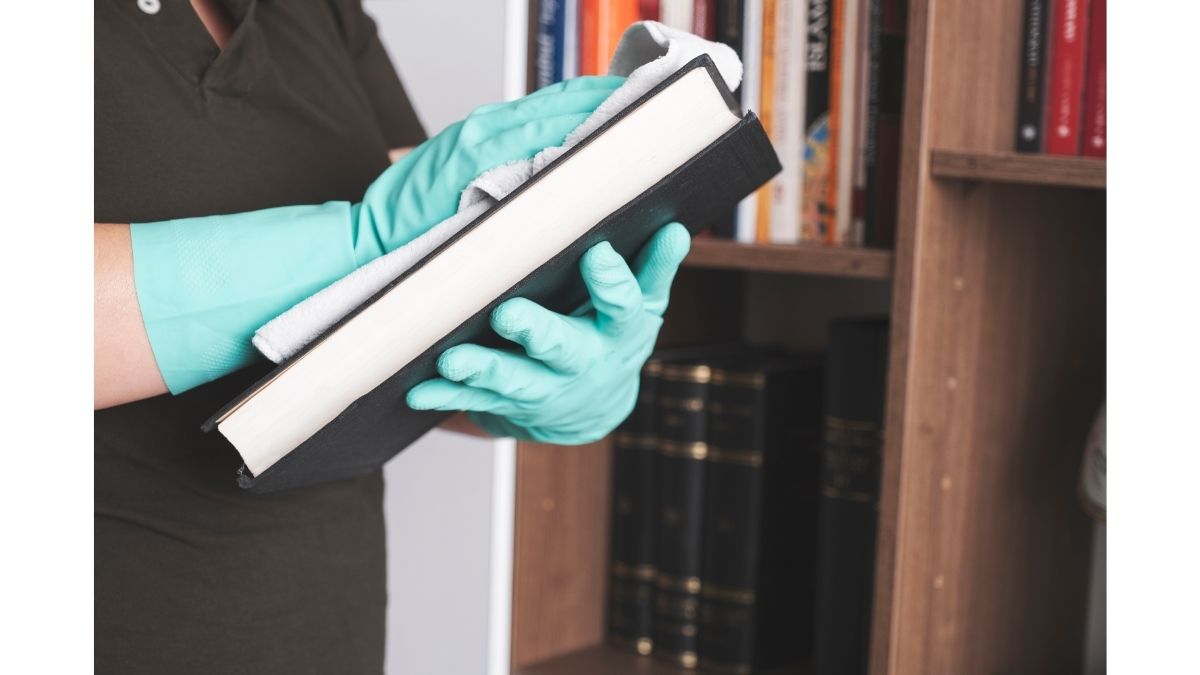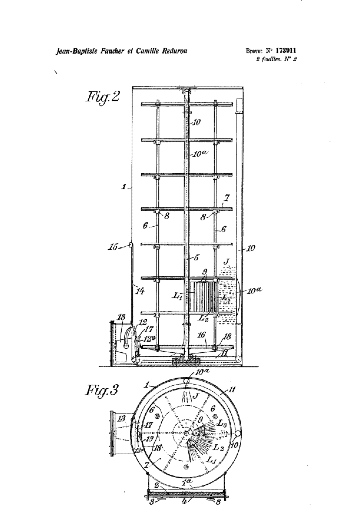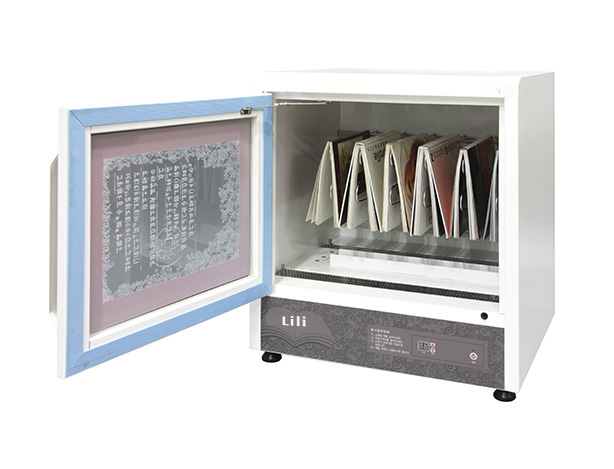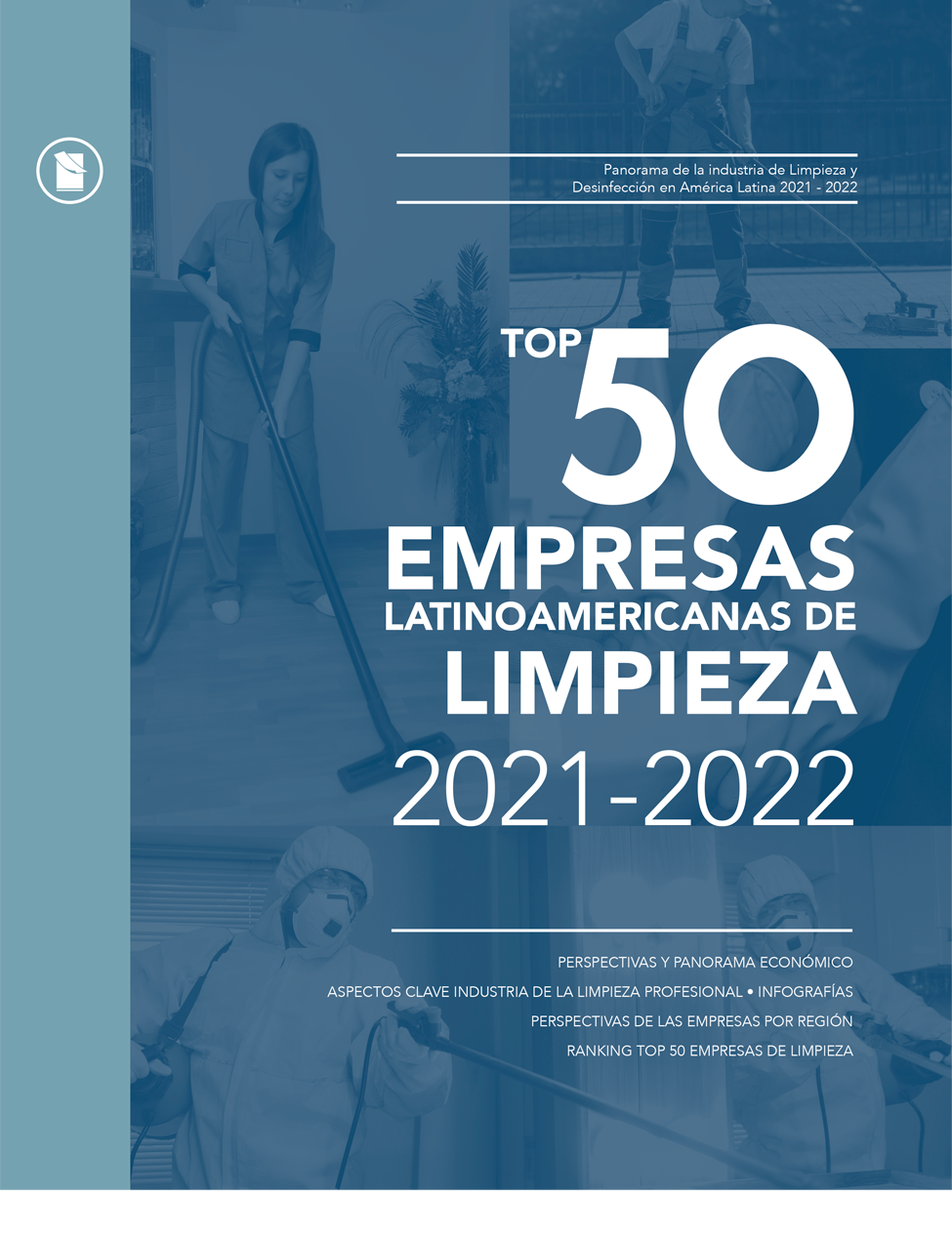CleanTec Industry News
Book cleaning: the challenge of libraries
Expired
International. The libraries have days and protocols for cleaning their areas, due to the high accumulation of dust and the constant entry of users. But cleaning books in an efficient, affordable way and without spoiling them, has been a difficult unknown to solve.
Although Covid 19 generated new protocols and devices for cleaning public and private spaces, these are only designed because of the virus and the decrease in human contagion. So libraries, which are spaces where the care of people and, especially, of their material goods must be guaranteed, continued with the need for adequate sanitation of their collections.
Added to this, there is no global consensus on the hygienic treatment that should be given to printed texts, beyond controlling the conditions of light, humidity, use to which they are exposed and the processes of restoration of the material in conditions of wear.
Bacteria, fungi, mold and insects
The paper, usually made of cellulose pulp, contains lignin, a compound common in plants that when exposed to sunlight enters an oxidation state and turns yellow, an issue that prevents books from being exposed to the sun, in addition to the risk of losing records due to the loss of color of the ink. This material makes them appetizing food for insects called 'bibliophages', which can be very comfortable in states of humidity close to 50% and temperatures between 15 and 25 degrees Celsius.
On the other hand, the absolute lack of sunlight exposes the documents to the proliferation of fungi, when they are in a cold place; yeast and mold if the temperature is high. Incidentally, the roughness of the paper allows the fungal and bacterial colonies to settle easily, giving them a space to grow and feed.

In search of an answer: the book washer
In 1934, the French Jean Baptiste Faucher and Camille Reduron, invented and patented an artifact that promised, with automatic operation, to reach each sheet of books "or similar objects consisting of a series of bound sheets". In the patent (CH173911A) it states that the device of simple design and compact size "allows to quickly disinfect, and in series, a considerable number of books, of any format".
Its operation was based on a support with trays to place the bindings fastened with clamps and with the pages between open, a position that allows the entry of a jet of air with vapors of disinfectant product or bactericidal gas, which enters and exits quickly, without leaving moisture between the leaves. But as is clear, the idea did not succeed in the commercial sense.
XXI Century Solutions
For loose documents there is an offer, created and patented by the Colombian company SCA Sanidad y Control Ambiental, the Device for Documentary Disinfection (DID), in its version 1.0 and 2.0, which makes use of disinfection by micro diffusion, a "combination of particle diffusor units of size less than 10 microns, efficiency in the environmental and surface microbicidal action". While it processes a large flow of documents, it operates with human assistance, where it must be turned page by page.
Another of the solutions on the market today are the book sterilizers of the company Evertree, called LIVA. These make use of ultraviolet light for cleaning, in just 60 seconds they eliminate bacteria, viruses or fungal spores, preventing their proliferation early. It even reaches the inside of the pages, since they have a fan system that opens them without causing damage to the sheets. But each unit is limited to a capacity of 3 to 6 texts per turn.
The LIBTECS brand offers a similar service, the Lili book sterilizer, with the difference that it can clean from 6 to 20 books in 120 seconds, that is, it has greater capacity, even if it doubles the times. It uses the same method of UV light, which ensures the elimination of viruses, bacteria, germs, fungi, bacilli, dust and other elements harmful to human health, as well as the hygiene of reading material. Finally, the Alphatch brand offers one of the most capacity UV book disinfectant machines of all, its AHLD-13S model, processes up to 13 books in a minimum of 30 seconds.




